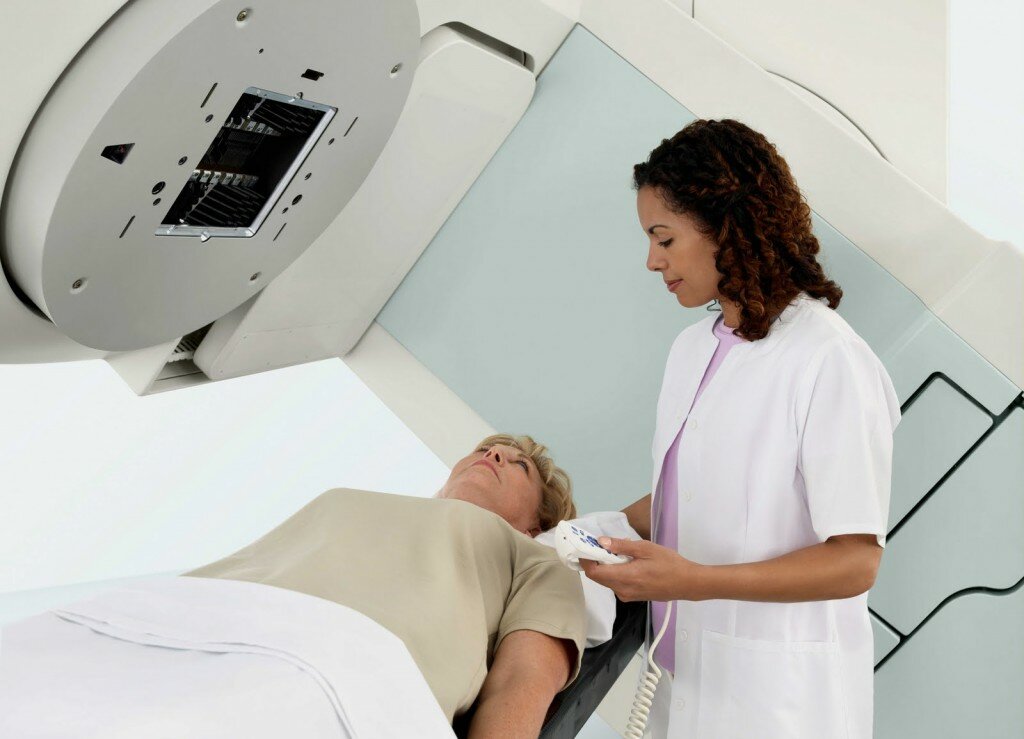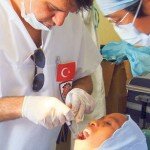Improving detection and treatment would cut cancer death rates significantly – OECD
Earlier detection and better treatment for cancer would cut death rates from the disease by around a third, saving the lives of nearly a million people in the developed world every year, according to a new report by the OECD prepared with the support of the European Commission, building on earlier World Health Organisation research. Cancer Care: assuring quality to improve survival says that mortality rates have improved slightly over the past 20 years in most OECD countries, except Greece, Portugal and Estonia. But 7.6 million people still die each year from cancer worldwide and this figure is projected to rise to over 13 million in 2030. In OECD countries, 2.4 million people die each year from cancer.
Improving care standards, cutting waiting times and spending resources more effectively are key steps to save many lives, according to the report. Chances of survival after a diagnosis of cancer vary widely across countries. Cancer outcomes are persistently poorer in Central and Eastern European countries, whilst countries such as Iceland, Korea and Japan have managed to achieve better survival. In the fight against cancer, the report recommends that countries: Put adequate resources into cancer care – per capita spending on cancer care varies between US$ 32 per person per year in Turkey to over US$ 400 per person per year in the United States. As a proportion of total health expenditure, spending on cancer care ranged between 3% and 7%.
But resources must be better spent. Expensive healthcare is not necessarily the best care: countries need the right policies in place to use resources such as workforce or equipment to diagnose and treat cancer effectively and fairly. Ensure that cancer care is both rapidly accessible and high quality – early diagnosis and treatment is key. Patients need to be able to access high-quality care quickly, with minimal waiting times to see specialists. Continuously improve services by strengthening the governance of cancer care – the bedrock of governance is an effective national cancer control plan (NCCP). These help focus political and public attention on the performance of cancer care systems and on outcomes, attract new resources, and drive debate on difficult topics such as resource allocation. Monitor and benchmark performance through better data – countries should build rich information systems to monitor outcomes, costs and quality. Public dissemination, benchmarking and financial or organisational incentives around quality improvement may also help to reduce variations in care and ensure continuously improving quality and outcomes. OECD countries include Slovenia, Greece and Turkey.
Source: OECD














